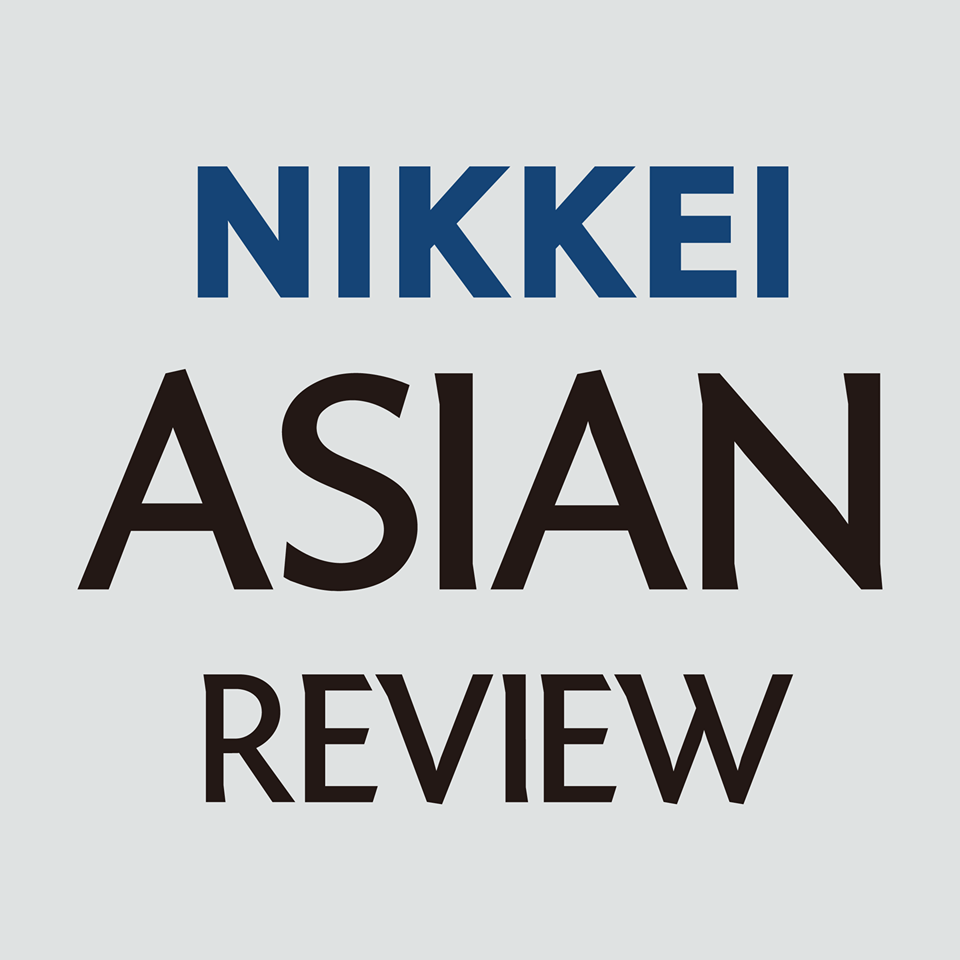US President Barack Obama concludes his visit to Beijing on Wednesday. Considering this is Obama's first visit to China since Chinese President Xi Jinping took office in 2013, Washington attaches great importance to this visit.
But we should take a practical approach to reviewing what this Xi-Obama meeting can achieve. Defining the relationship between China and the US carries strategic significance, but this visit can hardly lead to a long-term re-orientation of the bilateral relationship.
In the near future, there will only be limited progress in establishing a "new type of great power relationship" between China and the US. Since the proposal was put forward by Xi in 2013, Washington has not shown much interest and initiative, but entrenched its conventional attitude toward a rising China.
The new model is an insightful vision for international relations, but as for Washington, the establishment of the model is not a pressing issue for now, and the time to put the proposal into practice has not yet come.
But it doesn't mean the proposal will simply end up being an empty shell. It still serves as a political symbol, playing an irreplaceable role in stabilizing and orienting Sino-US relations, and displaying China's aspirations for peace and cooperation.
This visit is probably Obama's last big chance to cement the Sino-US relationship. If it doesn't work out as expected, the Sino-US relationship will probably see insipidness and banality in the next two years.
Washington is in growing strategic need of China's cooperation in many fields, such as the reconstruction of Afghanistan, anti-terrorism, the tripartite US-China-Russia ties and global governance.
However, Washington is unwilling to play a constructive role in some projects that are presided over by China for the overall benefits of the Asia-Pacific region, such as the Free Trade Area of the Asia-Pacific and the Asian Infrastructure Investment Bank.
The US has trapped itself in self-contradictions, in which the US is attempting to impose restraints on China, while hoping China will compromise and cooperate to help the US cope with its problems. Very likely, such wishful thinking will end up with nothing.
What needs to be noted is that Obama's visit highlights the changing Chinese attitude toward the US in recent years.
There was a period of time when many Chinese believed that stable and progressive Sino-US relations were the key to improving China's geopolitical situations, and the US was the determinant of whether China could establish positive interactions with its neighboring nations. But now, Beijing has shown much bigger confidence to manage its periphery through its own strength.
Over the last year, Chinese diplomacy has progressed more proactively, with many policies, initiatives and ideas kicking in, such as the Silk Road economic belt, the 21st century Maritime Silk Road, a new reciprocal policy for peripheral diplomacy, and the new Asian security concept. These new improvements have received a positive response from the international community, with which China is engaged in much deeper political and economic cooperation. These new developments have given China the strength and confidence to act as a constructive and enterprising regional power.
Therefore, China's attitude has greatly changed, unlike in the past when Washington announced "pivot to Asia" in 2010, and Obama started his second term in 2012. China has shown much less interest in how the US readjusts its Asia-Pacific strategy, but has paid more attention to the issues on its own diplomatic agenda.
Now, Beijing is becoming more tactful in dealing with the pressures from Washington, so the ball has been kicked back to the US, whose outdated mindset must be abandoned for a more productive Sino-US relationship.
Zhou Fangyin is a professor at the Guangdong Research Institute for International Strategies.

